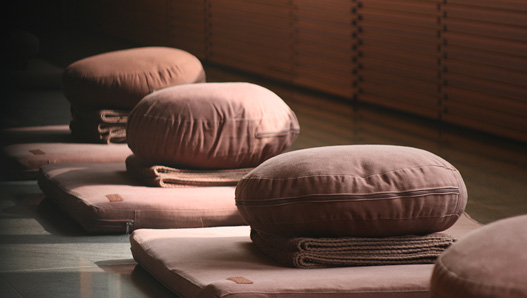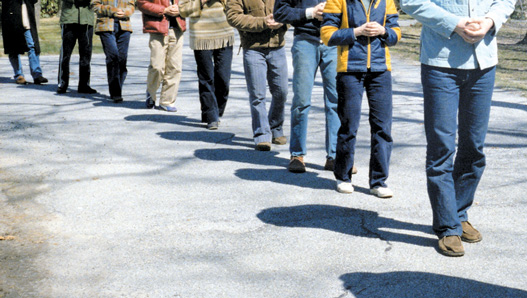

Chan Meditation Center (CMC) is a place of serenity and self-cultivation, learning and living the Buddha's teachings
through the Dharma Drum Lineage of Chan Buddhism, established by late Chan Master Sheng Yen in 1979
with the purpose of bringing Chinese Chan [Zen] Buddhism to the Western world.
We welcome all those interested in meditation and the study and practice of Buddhism,
regardless of background, age, or ethnic origin.
more >
Chan Meditation Center (CMC) is a place of serenity and self-cultivation, learning and living the Buddha's teachings through the Dharma Drum Lineage of Chan Buddhism, established by late Chan Master Sheng Yen in 1979 with the purpose of bringing Chinese Chan [Zen] Buddhism to the Western world. We welcome all those interested in meditation and the study and practice of Buddhism, regardless of background, age, or ethnic origin.
more >